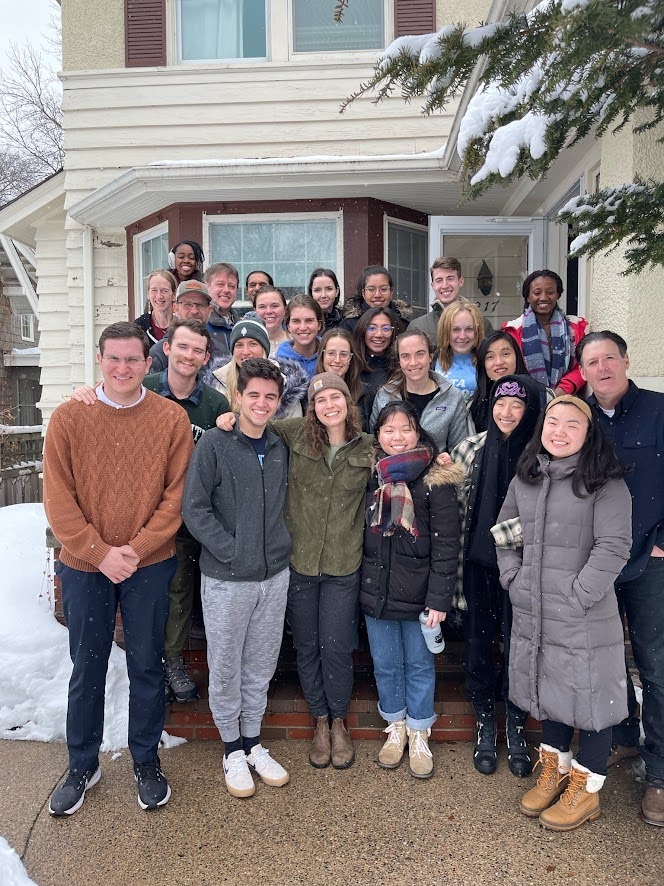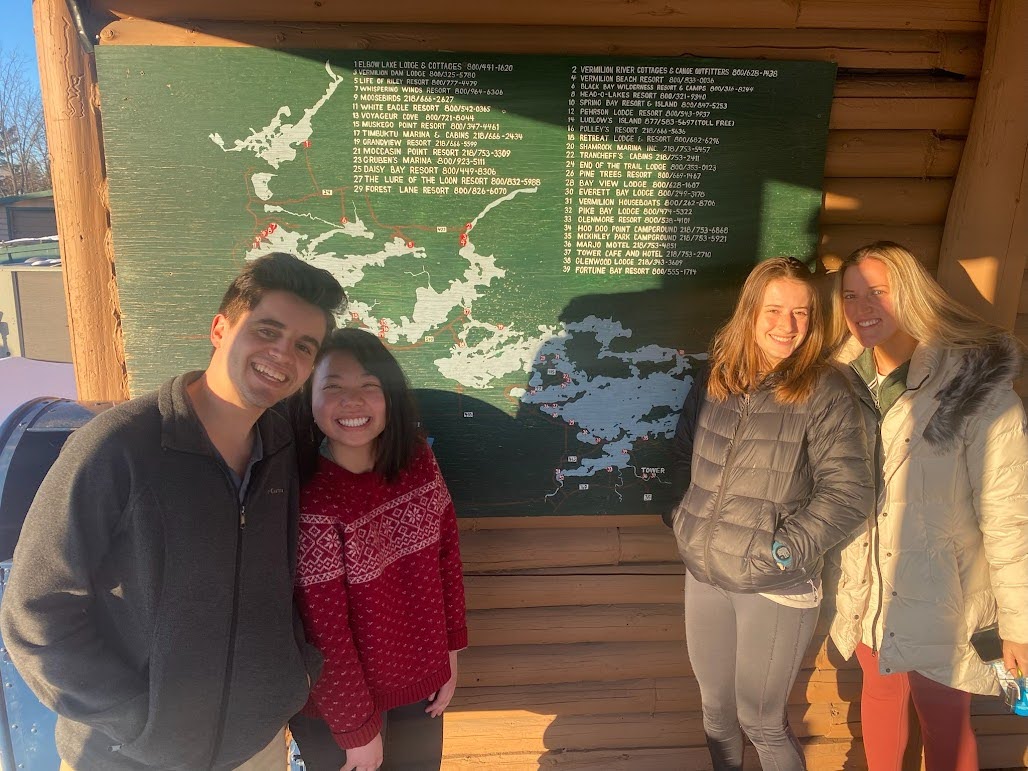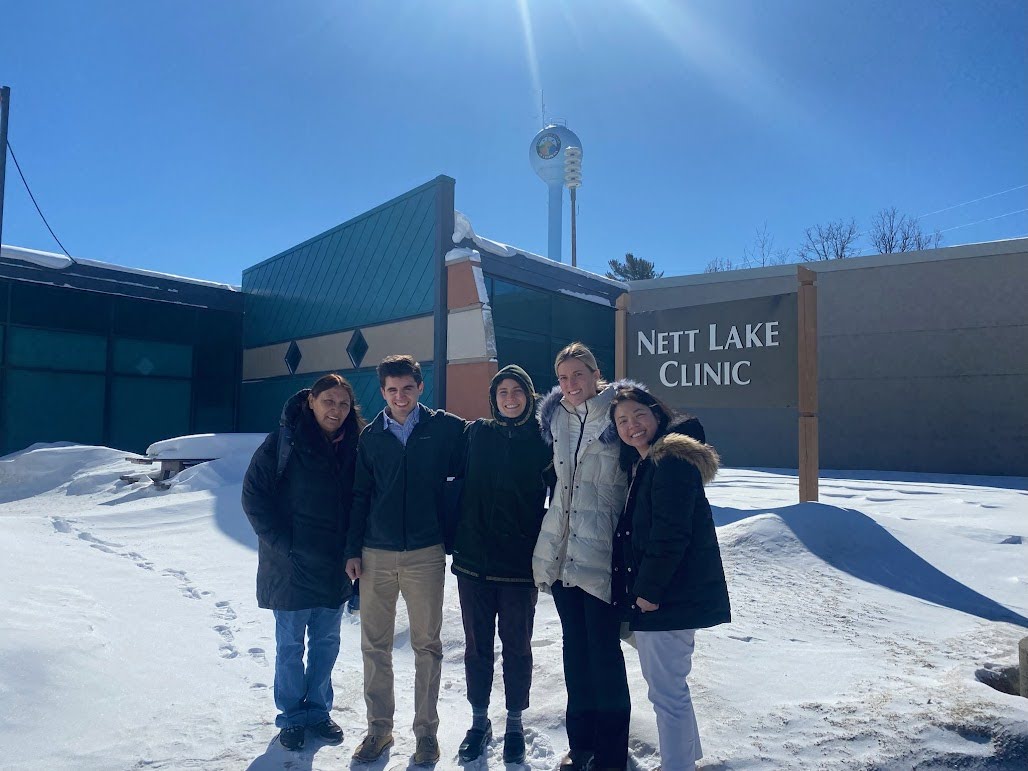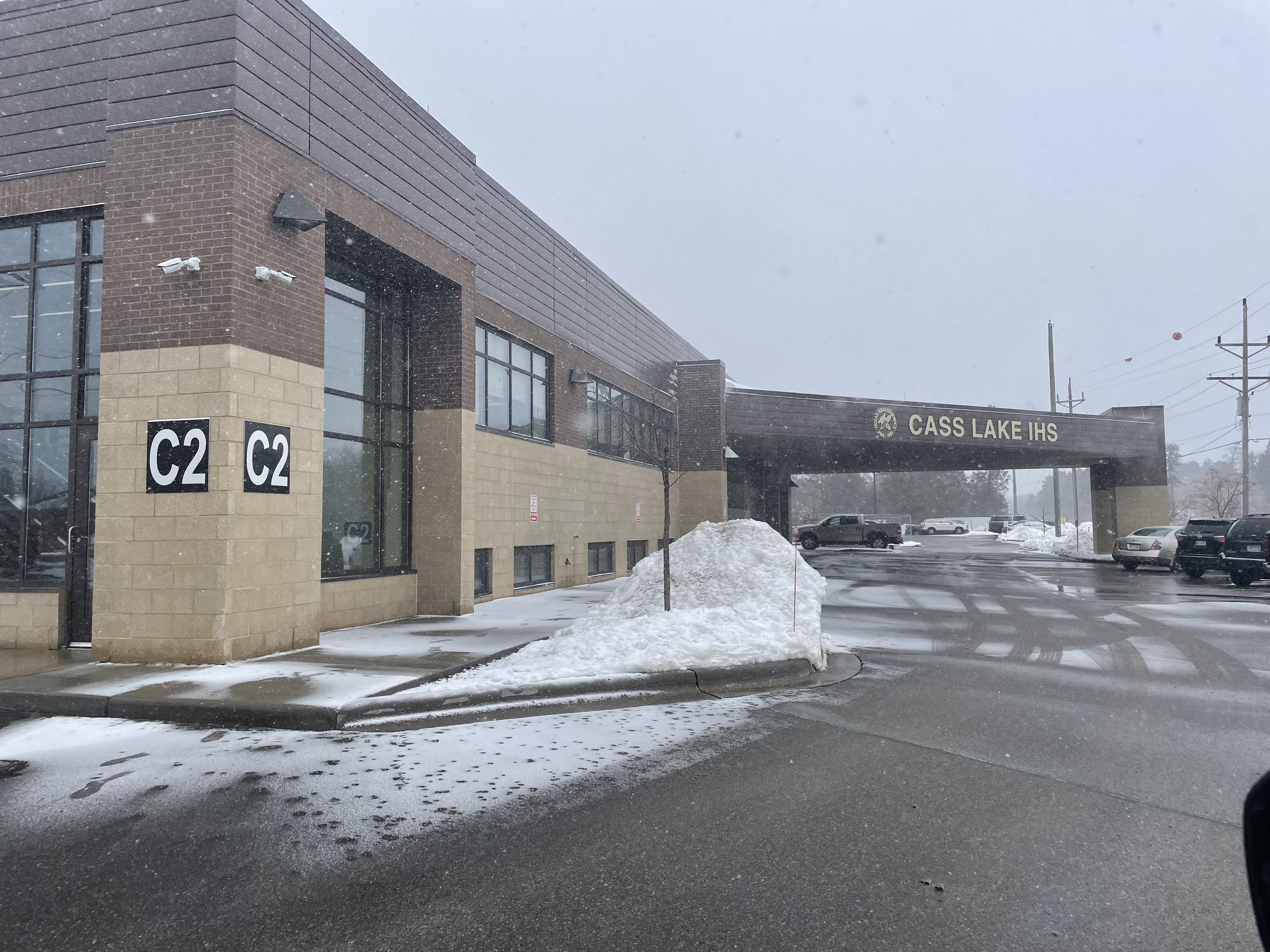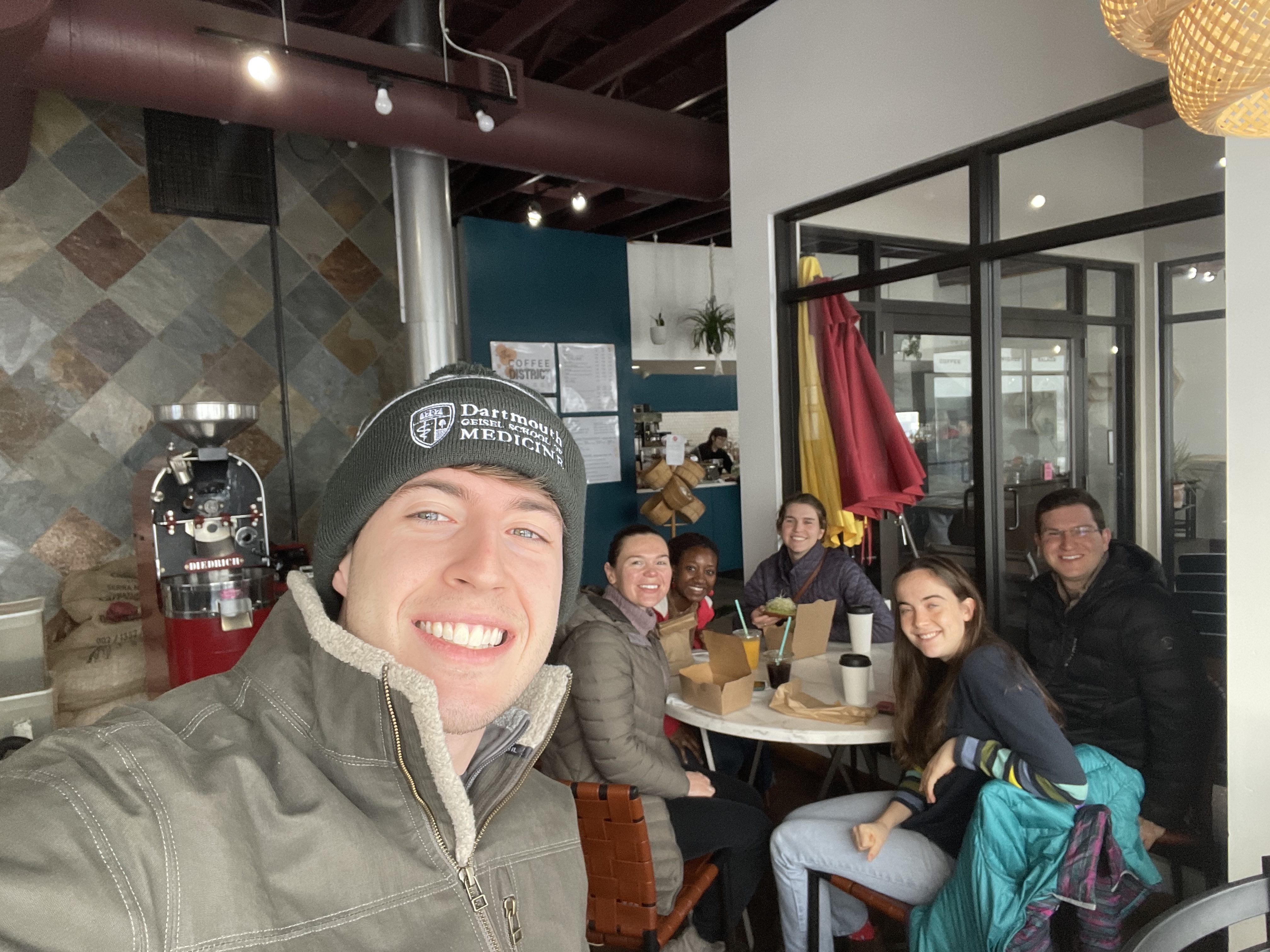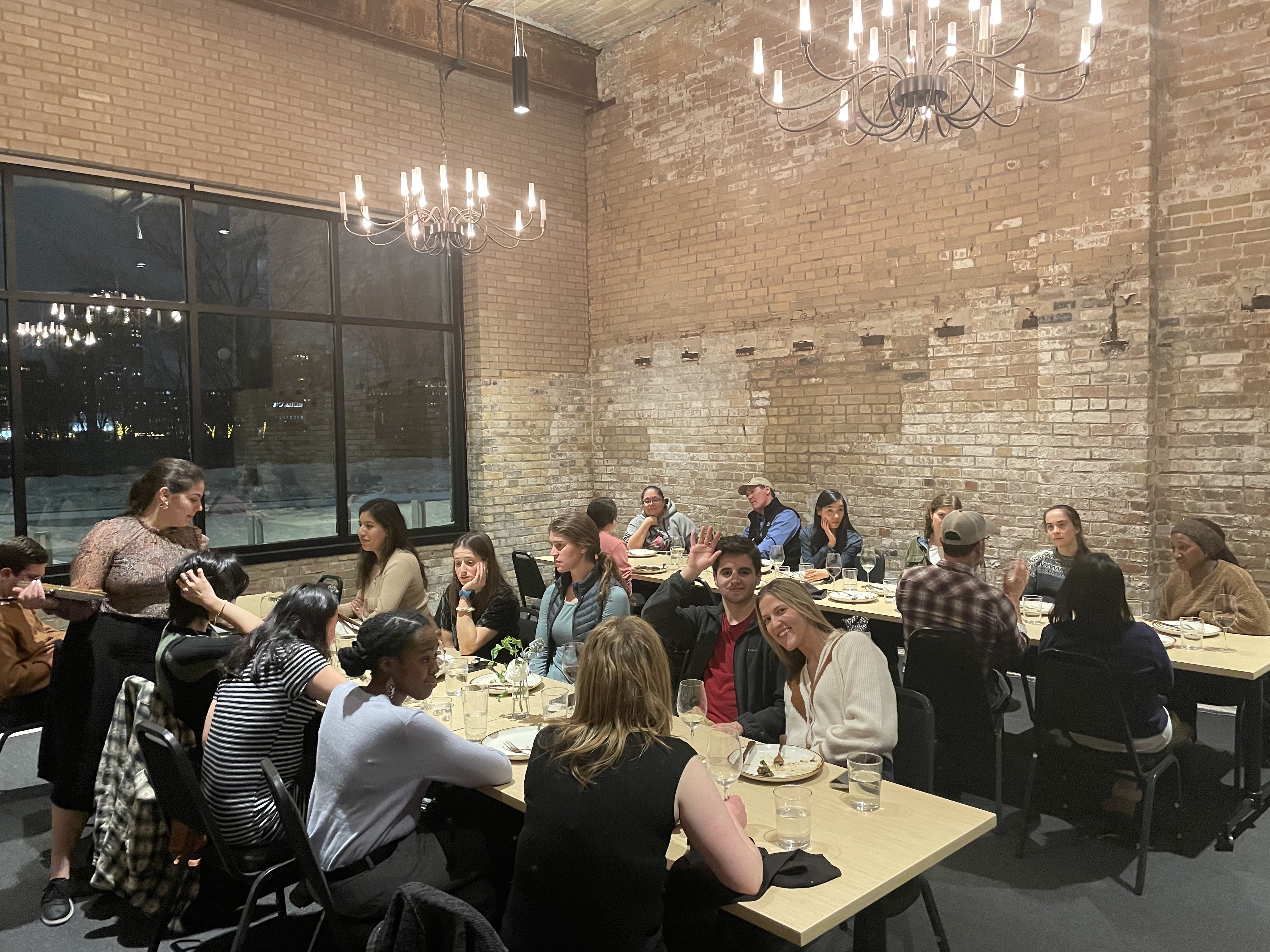"No other students in the country get an opportunity like this."
- Shawn O'Leary, Director of Geisel's Office of Diversity, Inclusion, and Community Engagement (DICE), on the annual service trip that immerses Dartmouth MPH, MS and MD students into rural health settings on reservations in northern Minnesota


